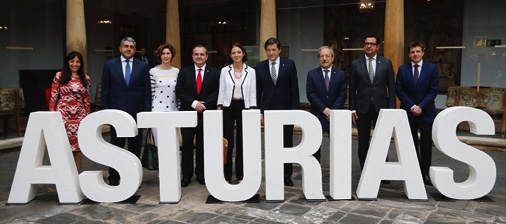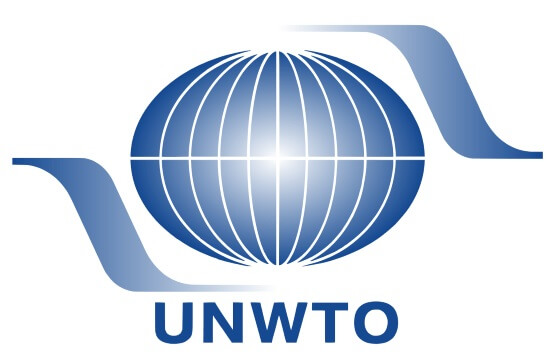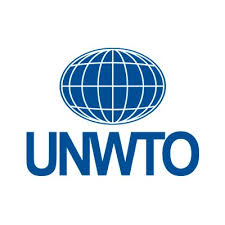
UNWTO: Use technology for more sustainable tourism management
As the World Tourism Organization (UNWTO) held its 2nd World Conference on Smart Destinations in the Spanish city of Oviedo (25-27 June 2018), Secretary-General Zurab Pololikashvili emphasized how new technologies can and should enable a more universal approach to sustainable tourism.
“Technology helps us to better manage our social, cultural and environmental impacts. And if well managed, tourism can act as an agent of positive change for more sustainable lifestyles, destinations, and consumption and production patterns”, said Mr. Pololikashvili opening the Conference.
This year’s event featured two days of seminars detailing destinations’ routes towards effective digitalization. It shone a spotlight on how destinations can use technological advances like big data and geo-localization to spur sustainable management of tourism.
The Conference provided concrete take-aways for participants and also fostered knowledge creation and exchange. It was preceded by the 1st Hackathon for Smart Destinations (23-24 June) and a research and development day (25 June), which brought startups and academics together to work on ways to bring smart, innovative and sustainable solutions to the sector. These events also highlighted that several forward-thinking governments, private sector entities, researchers and technology centres have already taken the lead in doing so.
The 2nd World Conference on Smart Destinations was organized by UNWTO, the Spanish Ministry of Industry, Trade and Tourism and the Government of Asturias, with the collaboration of Minube.
The World Tourism Organization (UNWTO) is the United Nations agency responsible for the promotion of responsible, sustainable and universally accessible tourism. It is the leading international organization in the field of tourism, which promotes tourism as a driver of economic growth, inclusive development and environmental sustainability and offers leadership and support to the sector in advancing knowledge and tourism policies worldwide. It serves as a global forum for tourism policy issues and a practical source of tourism knowledge. It encourages the implementation of the Global Code of Ethics for Tourism to maximize the contribution of tourism to socio-economic development, while minimizing its possible negative impacts, and is committed to promoting tourism as an instrument in achieving the United Nations Sustainable Development Goals (SDGs), geared towards eliminating poverty and fostering sustainable development and peace worldwide.
UNWTO generates market knowledge, promotes competitive and sustainable tourism policies and instruments, fosters tourism education and training, and works to make tourism an effective tool for development through technical assistance projects in over 100 countries around the world.
UNWTO’s membership includes 156 countries, 6 territories and over 500 affiliate members representing the private sector, educational institutions, tourism associations and local tourism authorities. Its headquarters are located in Madrid.




